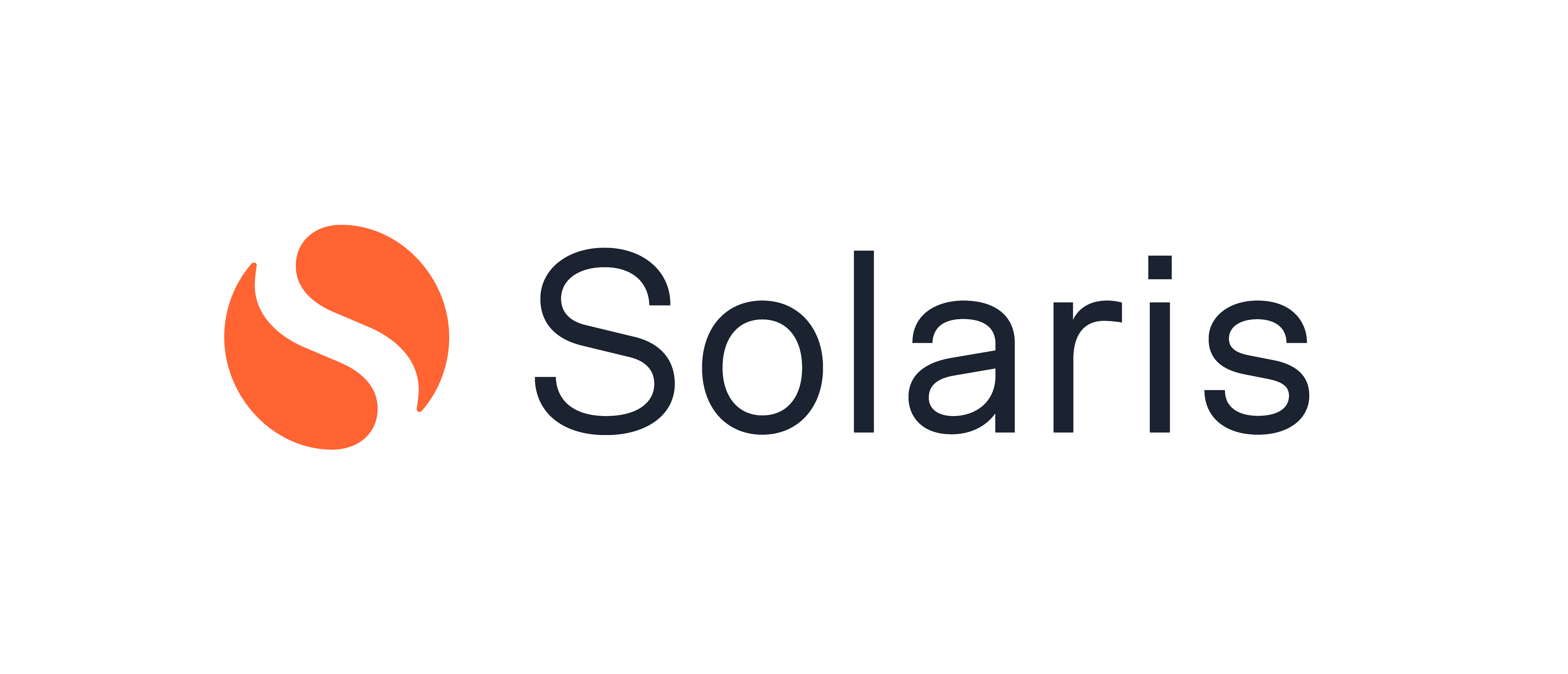A new AI tool developed by King’s College London could predict the health trajectory of patients by forecasting future disorders and symptoms.
After carrying out a study of the tool, a team of researchers at the university – alongside partners UCL; King’s College Hospital NHS Foundation Trust; and Guy’s and St Thomas’ NHS Foundation Trust – found that the technology could be used to support clinical decision-making, monitoring in healthcare settings, and to improve clinical trials.
The tool, called Foresight, is trained on existing healthcare data and uses a deep learning approach to recognise complex patterns in both the structured and unstructured data of electronic health records to produce insights and predictions.
King's said that while the tool belongs to the same family of AI models as ChatGPT, it is trained on information from NHS electronic health records rather than public data.
Using data from over 811,000 patients across King’s College Hospital NHS Foundation Trust, South London and Maudsley NHS Foundation Trust, and MIMIC-III – a publicly available dataset of patients from Beth Israel Deaconess Medical Center in the US – researchers trained three different models of Foresight.
Zeljko Kraljevic, research fellow in health informatics, biostatistics & health informatics at King's, and first author of the study, said that Foresight can achieve "high levels of precision".
"The proposed purpose of Foresight is not to enable patients to self-diagnose or predict their future, but it could potentially be used as an aid by clinicians to make sure a diagnosis is not missed or for continual patient monitoring for real-time risk prediction," explained Kraljevic. "One of the main advantages of Foresight that it can easily scale to more patients, hospital or disorders with minimal or no modifications, and the more data it receives the better it gets.”
Clinicians assessed the accuracy of the tool's predictions by developing 34 mock patient timelines with simulated scenarios.
When all five clinicians agreed on the forecasted medical event, the predictions Foresight provided were 93 per cent relevant, meaning they "made sense from a clinical perspective."
“Foresight opens the door for many applications such as digital health twins, synthetic dataset generation, real world risk forecasting, longitudinal research, emulation of trials, medical education and more," said senior author professor Richard Dobson, professor of medical informatics at King’s College London, and theme lead for informatics at the NIHR Maudsley BRC, and professor of biomedical and health informatics at UCL. "It is an exciting time for AI in healthcare and to develop effective tools we must ensure that we use appropriate data to train our models and work towards a shared purpose of supporting healthcare systems to support patients."
Latest News
-
TikTok finalises deal to split US operations from Chinese parent
-
Ubisoft scraps several titles and studios to reduce costs
-
Macy's deploys ad server tech to improve media network
-
Tesco announces 10-week trial of new crime reporting platform
-
Jeff Bezos’ Blue Origin announces space-based internet network to rival Musk’s Starlink
-
Starling and Lloyds Bank IT leaders named AI champions by UK government
The future-ready CFO: Driving strategic growth and innovation
This National Technology News webinar sponsored by Sage will explore how CFOs can leverage their unique blend of financial acumen, technological savvy, and strategic mindset to foster cross-functional collaboration and shape overall company direction. Attendees will gain insights into breaking down operational silos, aligning goals across departments like IT, operations, HR, and marketing, and utilising technology to enable real-time data sharing and visibility.
The corporate roadmap to payment excellence: Keeping pace with emerging trends to maximise growth opportunities
In today's rapidly evolving finance and accounting landscape, one of the biggest challenges organisations face is attracting and retaining top talent. As automation and AI revolutionise the profession, finance teams require new skillsets centred on analysis, collaboration, and strategic thinking to drive sustainable competitive advantage.
© 2019 Perspective Publishing Privacy & Cookies









Recent Stories